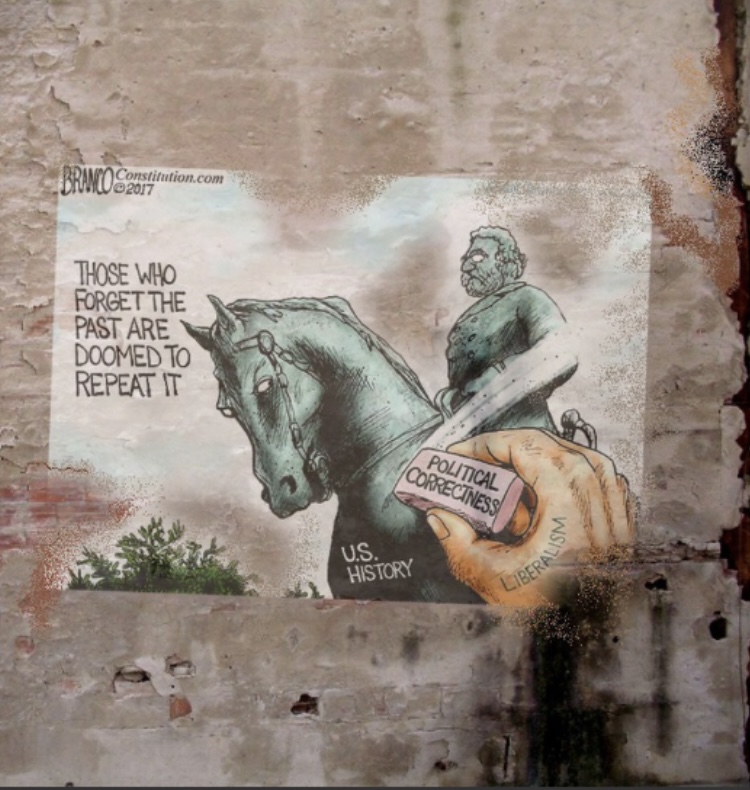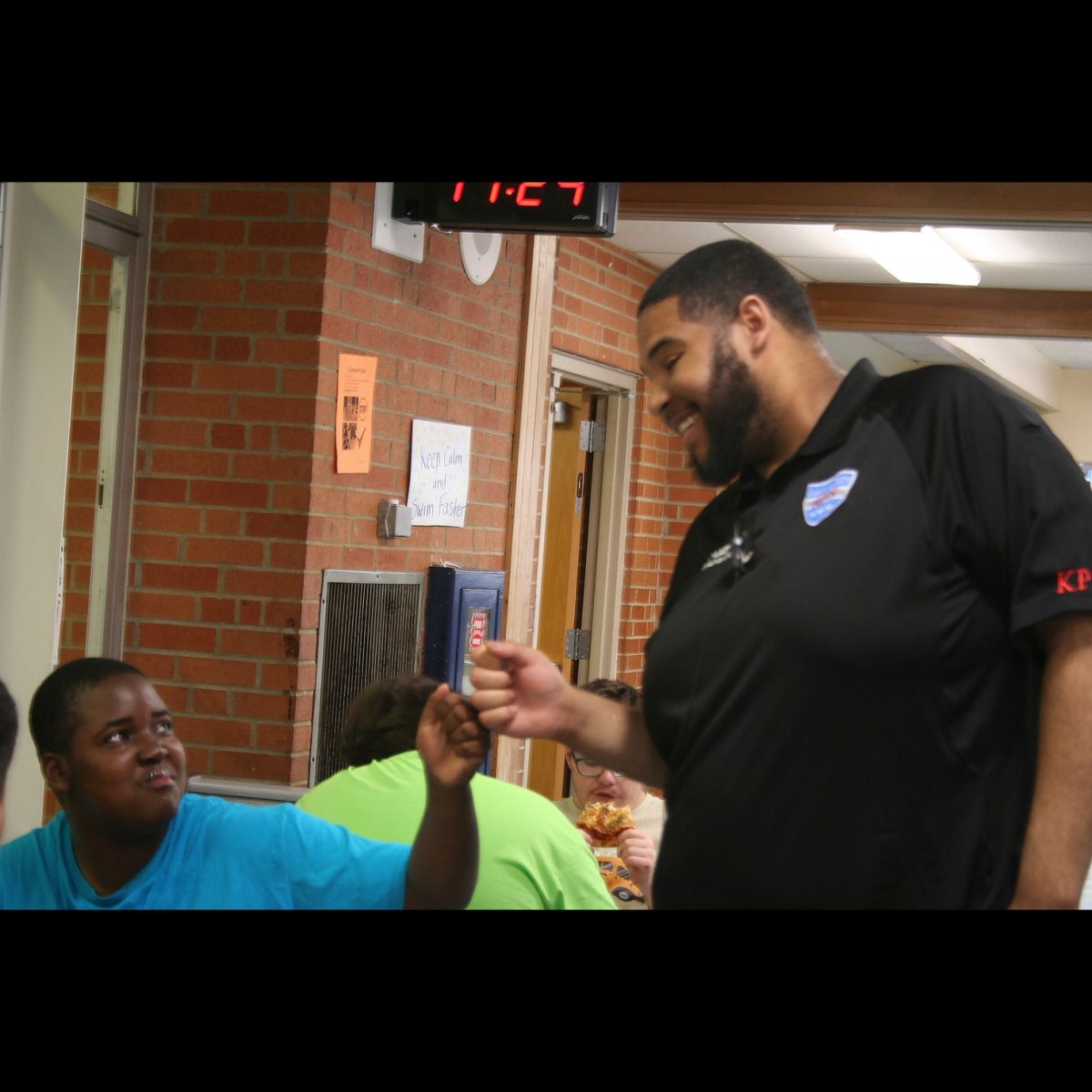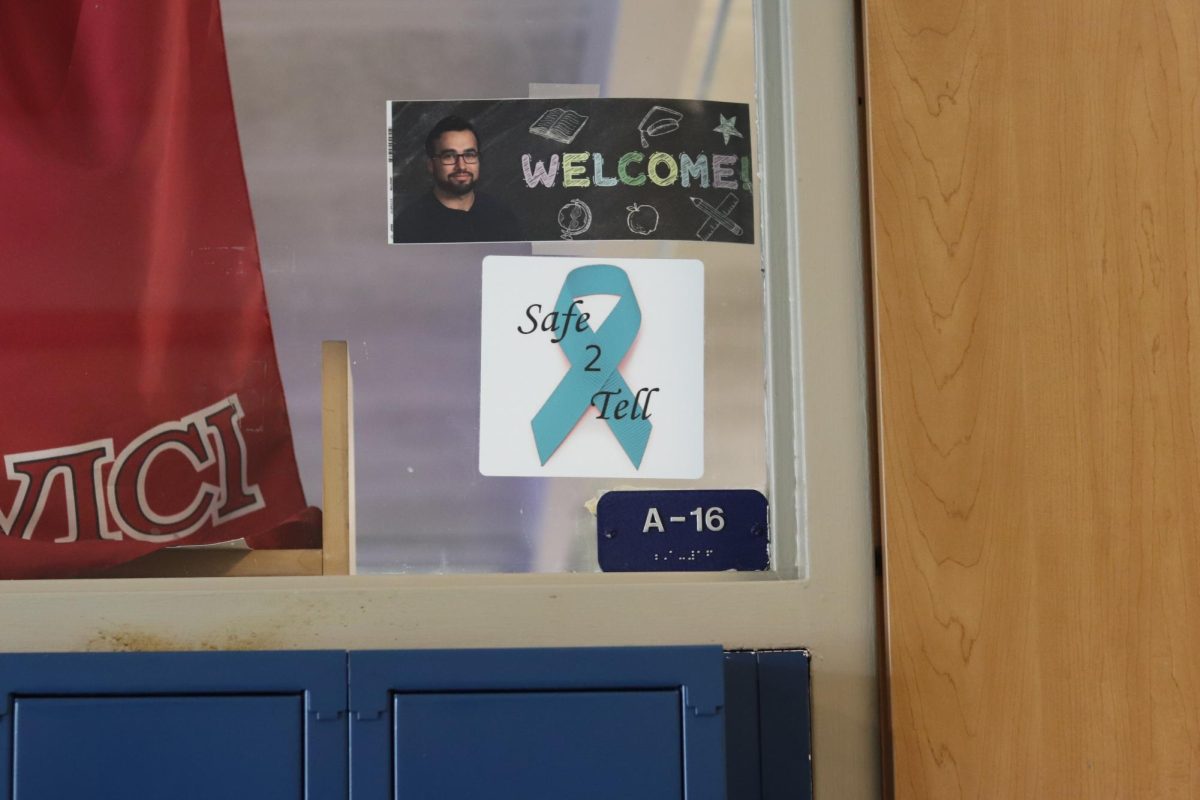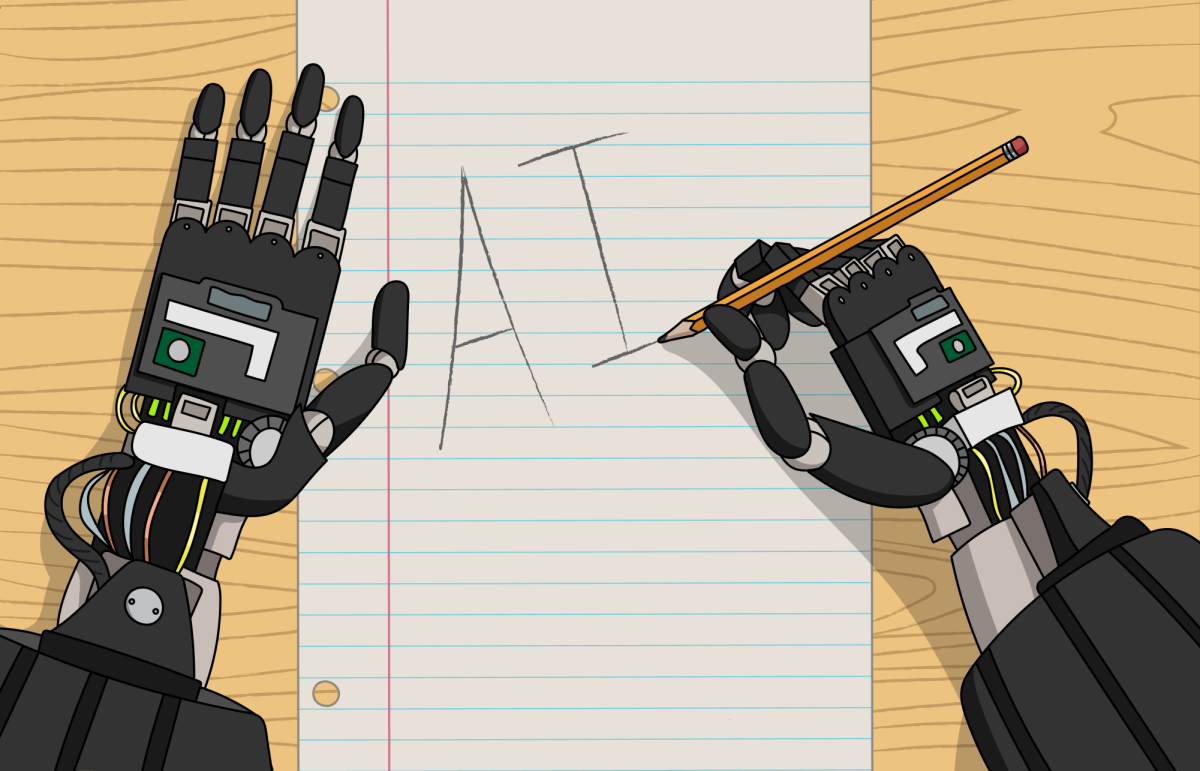How political correctness inhibits progression in the United States
Credit: McZarina on flickr
This is a depiction of liberalism trying to erase history with the use of political correctness. This has closer relation to political correctness as used in the 70’s-90’s.
May 21, 2021
The idea of being politically correct is not a new concept, having roots going back to the 70’s in the U.S. It has ruled with an iron fist ever since the early 1990’s when it was used to describe extreme left-wing issues. Political correctness is the attempt to avoid any language or practices that may offend a population of people. For example, when talking about racial matters or political parties, political correctness is highly encouraged. Those who choose not to conform to political correctness are often shamed and labeled as a number of things, including being divisive and rude, among other negative descriptions.
People are typically inclined to follow the leader, and as much as this country would like to pride themselves on individualism, it is highly lacking in relation to independent thinking, causing many people to think in a binary manner. This triggers a “you’re either with me or against me” mindset, ultimately clouding the desire and ability to hear statements for what they are.
Political correctness is the most encouraged to be used when talking about controversial topics. The ultimate idea in political correctness is to say what you want to say without offending anyone. This is a great idea in theory; however, it is an unrealistic goal to attain. There is no human who doesn’t accidentally offend someone with their speech at some point. The problem with expecting people to make everyone feel comfortable all the time is that everyone has such a wide variety of triggers, that it is impossible for one person to accommodate for all of that.
The issue of labeling can be observed at Loy Norrix. Social Studies teacher Michael Wright has had a very personal experience with the evolution of political correctness in the classroom.
“I’m not sensitive to it. I second guess how I approach things quite regularly, and this has actually gotten worse as time has gone on. There are topics that I don’t even bother approaching anymore…It’s basically become a way of stifling debate rather than preserving a standard,” said Wright.
Wright explained that he had an incident in which he had facilitated a debate during which a student had criticized former President Barack Obama. Other students immediately suggested that the reason for the criticism was race-based since Obama did get racist backlash as president. The student that gave their criticism may now be looked at as being racist, which projects an extremely negative trait onto, presumably, a normal person.
You can see this projection in jokes as well. The average person has made a joke that said person doesn’t agree with because things can be funny in speech but not in action. For example, if a person says, “I could just kill you right now!” it would be met with laughter. Normal people don’t actually want to kill others for being annoying. This is why we don’t hear a person say that and call them a murderer. While no person is wrong for finding something offensive, a person should say that they found something offensive, rather than labeling someone. However, a joke talking about the abuse of a group of people is a joke gone too far. Race jokes can be funny. Racism disguised as a joke cannot be funny. Jokes about the sexes can be funny. Sexism disguised as a joke cannot.
Even in places like Loy Norrix classrooms, political correctness has become more destructive than constructive.
“I think the idea had noble intentions. It’s basically become intolerance masking in tolerance,” said Wright.
When the news was circling around 2017 about people falling to their death from the Grand Canyon while taking pictures, in general, people were calling them stupid, joking about the victims and essentially shaming them for falling for such a dumb reason. I remember hearing about it in my 8th grade class, everyone laughing along and agreeing. However, if the conversation flips to a controversial topic like alcohol abuse, suddenly we are pushed to have an influx of compassion for the person involved in the behavior, even though they are knowingly engaging in something self-destructive.
With political correctness, people choose which issues to show compassion for and which ones to have no empathy for. This is problematic because people think vastly different things are dumb or illogical depending on environment, experience, culture, individual morals and influence from others. Also, the issues needing the most attention aren’t being talked about honestly, in most cases, which makes it almost impossible to fix them.
Political correctness also silences those who have ideas on how to progress that may not be pretty and easy like we’d want it to be. We use political correctness to encourage people to take disrespect and “rise above” it, discouraging feeling human emotions, like anger, which is a legitimate response in some cases.
Insulting someone for calling something out is a way to demonize a person so that their views are ignored, even if these views are valid. For example, there’s a TikTok of this black woman saying she wished black people could live on their own planet to avoid the drastic amount of anti-blackness in the U.S. from all races. Many people were upset by this suggestion. They said things like “they want racism to end but are racist themselves” when the point of the video was that black people just want peace and to be valued as human beings, which has not been the case since Africans were enslaved in America. This idea of recognizing the relentless hate black Americans face is dismissed by calling those who bring it up divisive, which is due to feelings of guilt, shame and discomfort.
People need to be held accountable and criticized when they do wrong, regardless of their circumstances. This can be done with leniency if the people are receptive to that, but if not, there is no reason to tolerate negativity in order to spare someone’s feelings. Having your feelings hurt is natural and necessary to humble you and for you to learn and grow. As long as no one is hurting you physically or stopping you from prospering in life, get over whatever people have to say and laugh or cry it off.
People should respect others that are close to them or come into contact with them regularly, but there should be no expectation to accommodate the needs or wants of thousands or millions of people. We want to live in a world where everyone is respected regardless of their actions, and people get to live without consequences or constructive criticism. Trying to attain this goal is fatal to progression in the United States on an individual and systemic level.











